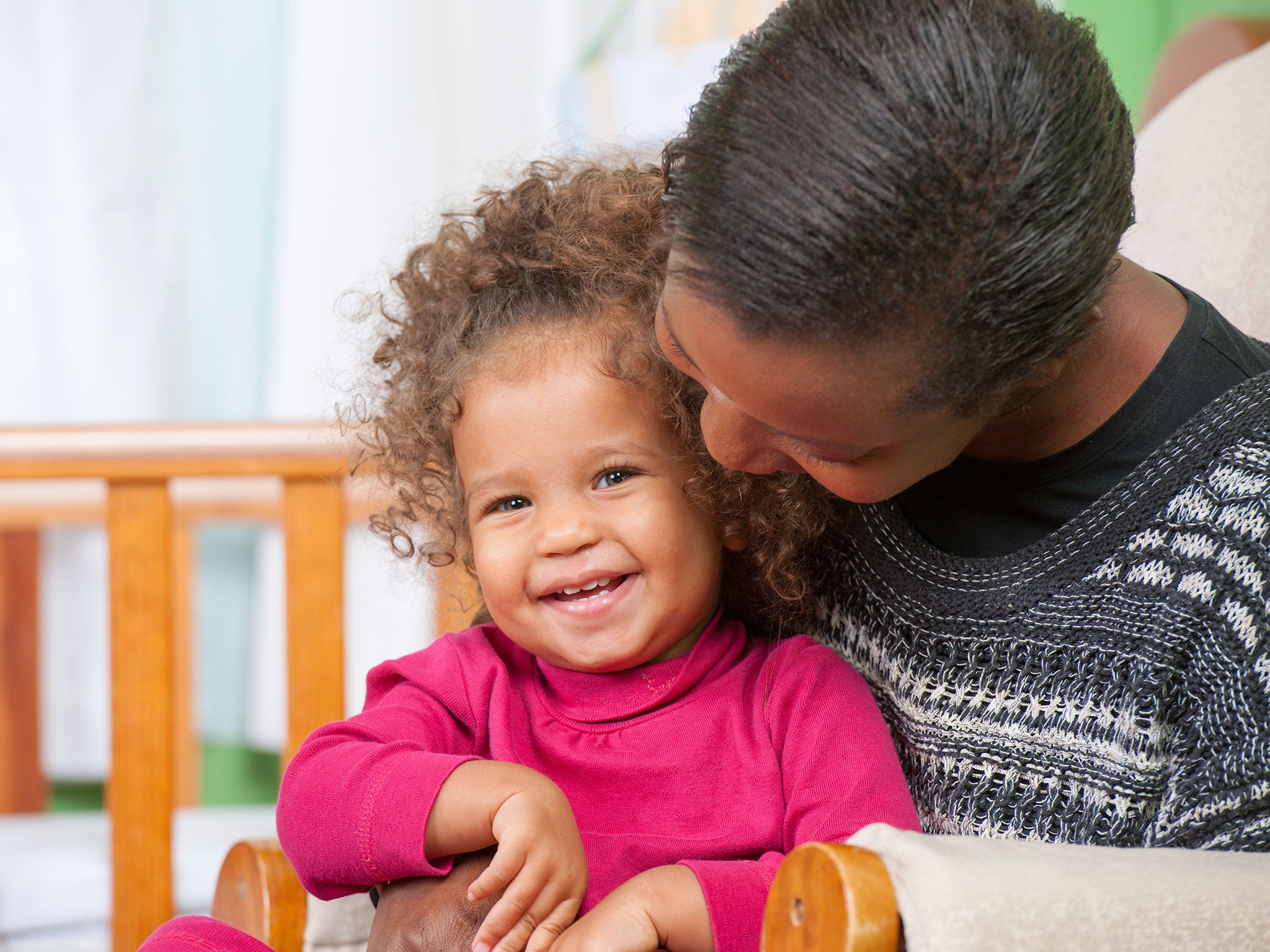Babies acting cute is a ploy to trick adults into caring for them, scientists say
Cuteness affects all people, no matter their gender or whether or not they have children

The big eyes and chubby cheeks of cute children is really just a way of encouraging adults to look after them, scientists have said.
Cuteness in children evolved as a way of encouraging care-giving and ensuring children’s survival, according to researchers from Oxford University.
The new review of the latest research into cuteness looked at the way that the neural networks in the brain work when caring for people.
It found that children attract adults to look after them not just through their visual cuteness – which can also be seen in cuddly toys and cute animals – but also through sounds and smells.
"Infants attract us through all our senses, which helps make cuteness one of the most basic and powerful forces shaping our behaviour,” said Professor Morten Kringelbach, of Oxford University's Department of Psychiatry, who led the review.
"This is the first evidence of its kind to show that cuteness helps infants to survive by eliciting care-giving, which cannot be reduced to simple, instinctual behaviours. Instead, care-giving involves a complex choreography of slow, careful, deliberate, and long-lasting prosocial behaviours, which ignite fundamental brain pleasure systems that are also engaged when eating food or listening to music, and always involve pleasant experiences."
Nobody is safe from the appeal of cuteness, which affects men and women whether or not they have children, according to the review in Trends in Cognitive Sciences.
"This might be a fundamental response present in everyone, regardless of parental status or gender, and we are currently conducting the first long-term study of what happens to brain responses when we become parents," said Prof Kringelbach.
Join our commenting forum
Join thought-provoking conversations, follow other Independent readers and see their replies
Comments